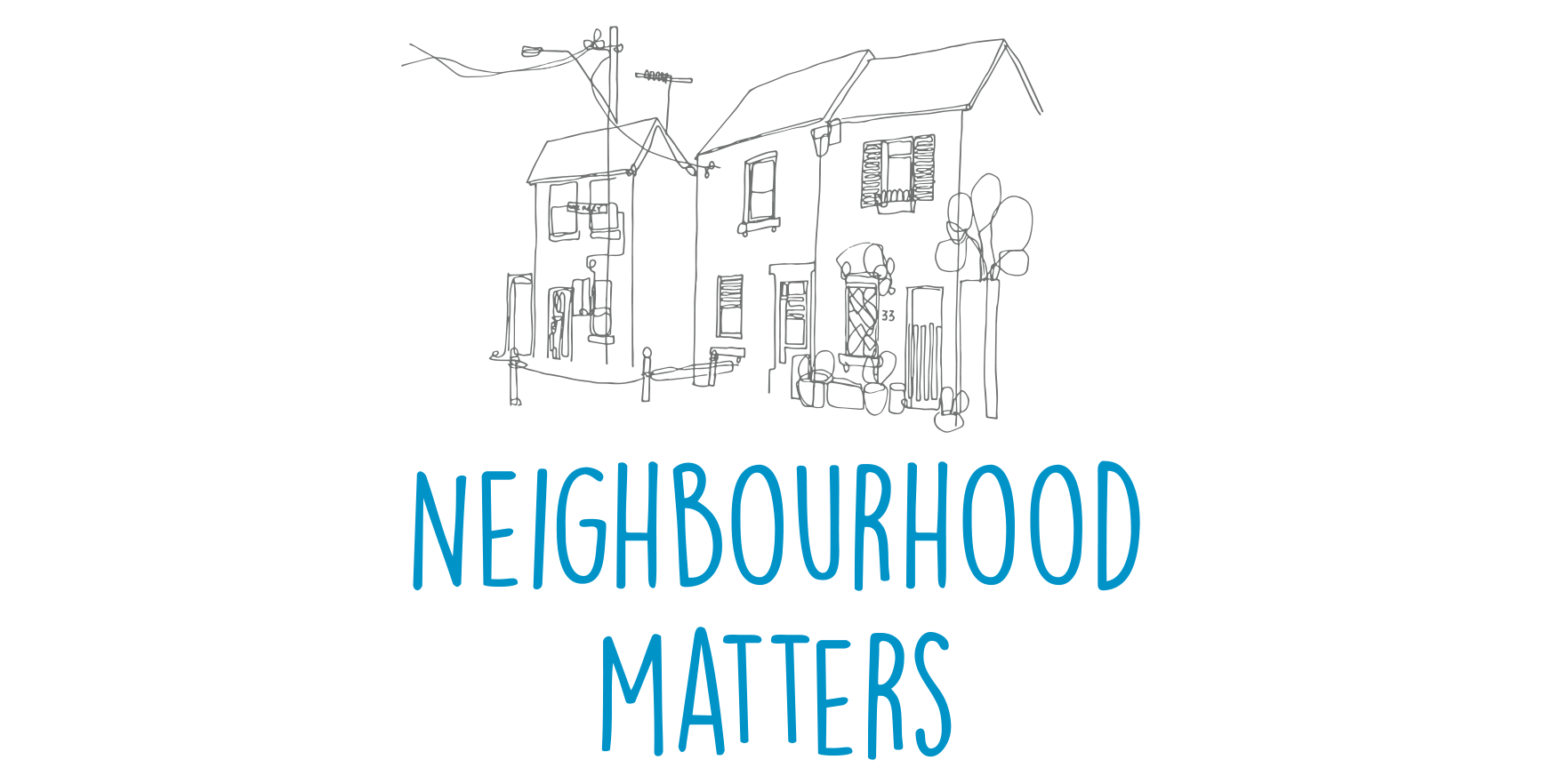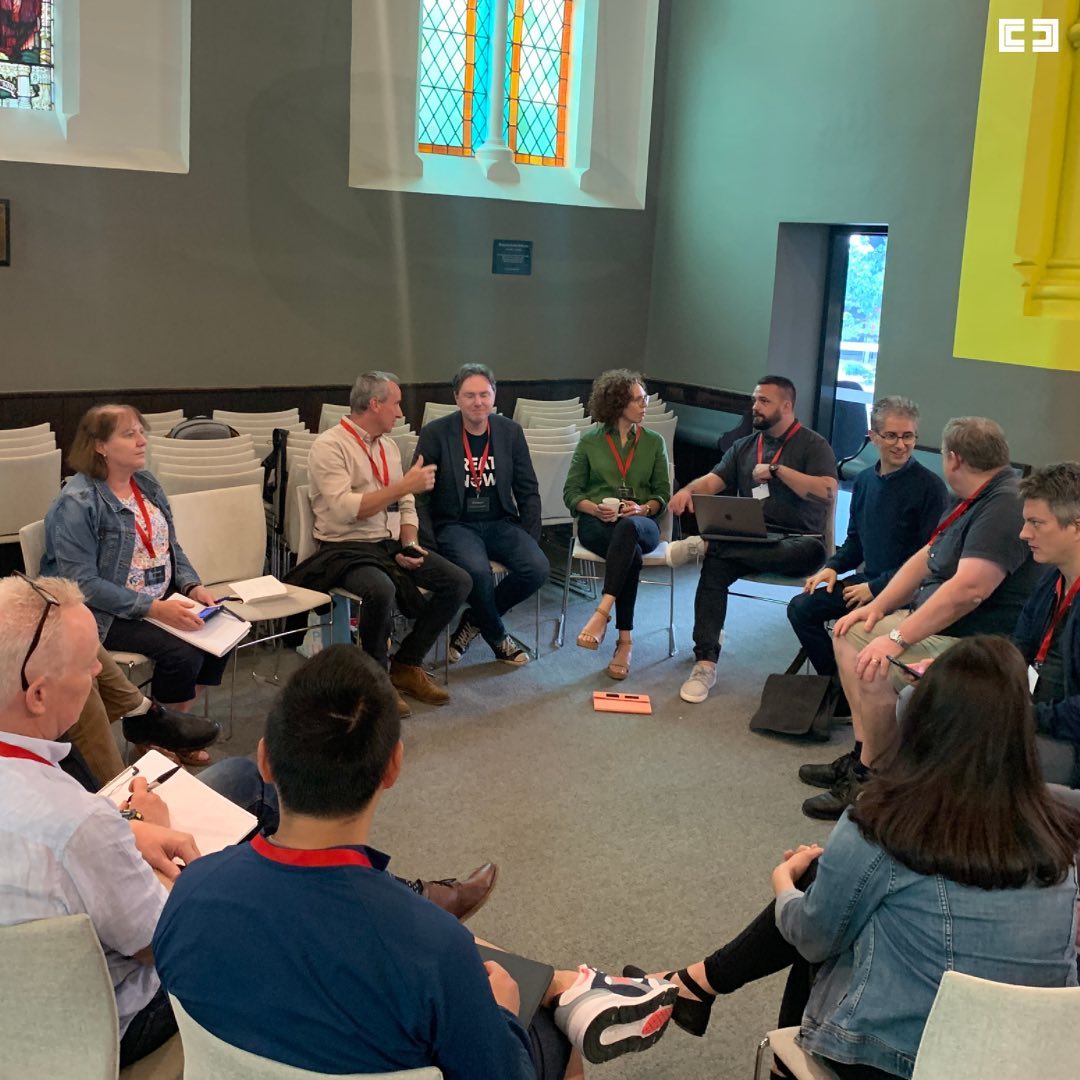
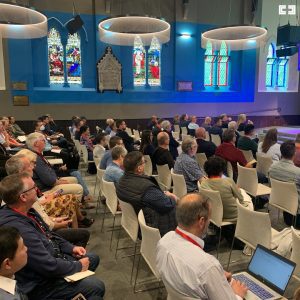
It was great for Neighbourhood Matters to be at the Building momentum conference last week in Melbourne. Often it can be so hard for churches to work together for the common good. What usually stands in the way is clashing theologies, ecclesiology and sometimes plain egocentrism and pride among leaders. The gathering was about putting aside all of these blockages and instead of thinking about our churches, prioritising the cities that we live in. How do we become good caretakers of our cities? It’s not about church growth but rather the flourishing of our cities.
Karina was able to speak into this conference on the topic of humility, reflecting on Philippians chapter 2 over the two days. We thought about the incarnation and what it means for us to become “more human” as we relate to each other and our city. Some reflection questions stemming from this were:
What privileges or status do I have that I need to let go of, so that I can see other churches and ministries succeed in my community?
How can I help other leaders who I disagree with get ahead in my ministry circles?
How do I forget about gaining advantage and serve doing ordinary good unseen work?
How do I become more human towards my brothers and sisters here in this gathering as we discuss the enormous task of transforming our city?
How can I make sure I do nothing out of selfish ambition as I aim to bring transformation to my city?
How do I make sure I am free from vanity and conceit as I relate to my community?
How can I value those in my neighbourhood above myself?
How do I look to the interests of my city and not to my own interests?
How do I let go of my status and privilege as I connect to my city?
How do I refuse to get the advantage as I work in my neighbourhood?
How do I become nothing or empty myself as I seek the transformation of my city?
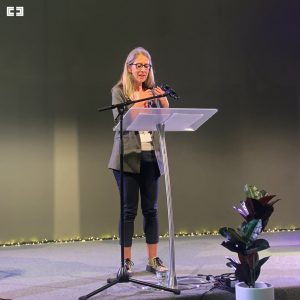
Movements come and go and are difficult to artificially instigate. They happen organically and are based on trust, good relationships and, yes, humility that seeks to put others above oneself. Our cities need this transformation to see resilience, friendship that counters loneliness and life flourishing in those places. One of the first things we need to do is to listen well to our contexts. Perhaps we can learn from Aboriginal Elder Dr Miriam Rose, Senior Australian of the Year in 2021, about dadirri – meaning something like deep listening. We don’t need the latest church growth strategy but we do need to listen, love and learn from each other and our community.
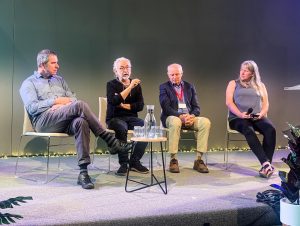
We are hopeful that Christians will not only keep talking about unity, but also keep working together, so that we can see transformation in our neighbourhoods, communities and cities. We pray that God works through this event to bring about this transformation in a world that so desperately needs it.
